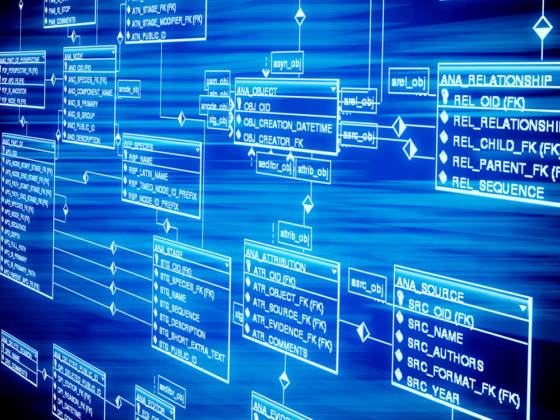Algorithms discriminate because people do, jobs agency finds


Algorithms used in the recruitment of staff are confirming existing prejudices, research by the Radboud University commissioned by jobs website Nationale Vacaturebank has found.
The jobs agency matched 9,000 anonymous CVs with 12 million job descriptions using artificial intelligence. It found women and men were matched with jobs in traditionally female and male sectors like childcare and the building trade, and that women were linked to jobs earning significantly less money.
The reason the algorithms are biased is partly because the system is based on data put in by people, Gido Schoenmacker, lead data science at the agency, told RTL Nieuws. ‘The algorithms amplify prejudices. What we see is that women are less likely to get certain jobs because it has always been men that have been selected for them.’
The jobs agency wants to use self learning systems more often to match people to jobs but sometimes they learn the wrong things, Schoenmacker said. ‘Our own research and that of Radboud University will help prevent this.’
One example of algorithms learning from people’s prejudices can be seen at Amazon, where the algorithms were found to have a preference for white men.
The use of language is one element the algorithms pick up on, Schoenmacker said. Words such as ‘success oriented’ and ‘winners mentality’ are more often found on men’s CVs and in the job descriptions for higher paid jobs.
If the algorithm is set up in such a way that it can no longer find clues to distinguish men from women, prejudices based on sex no longer play a role. One of the models applied in the research narrowed the pay gap from €1,680 to €180.
The system can learn anything you like, Schoenmacker said, but if it is a good tool to match people and jobs remains to be seen. The jobs agency will start a trial using the system next year.
Thank you for donating to DutchNews.nl.
We could not provide the Dutch News service, and keep it free of charge, without the generous support of our readers. Your donations allow us to report on issues you tell us matter, and provide you with a summary of the most important Dutch news each day.
Make a donation